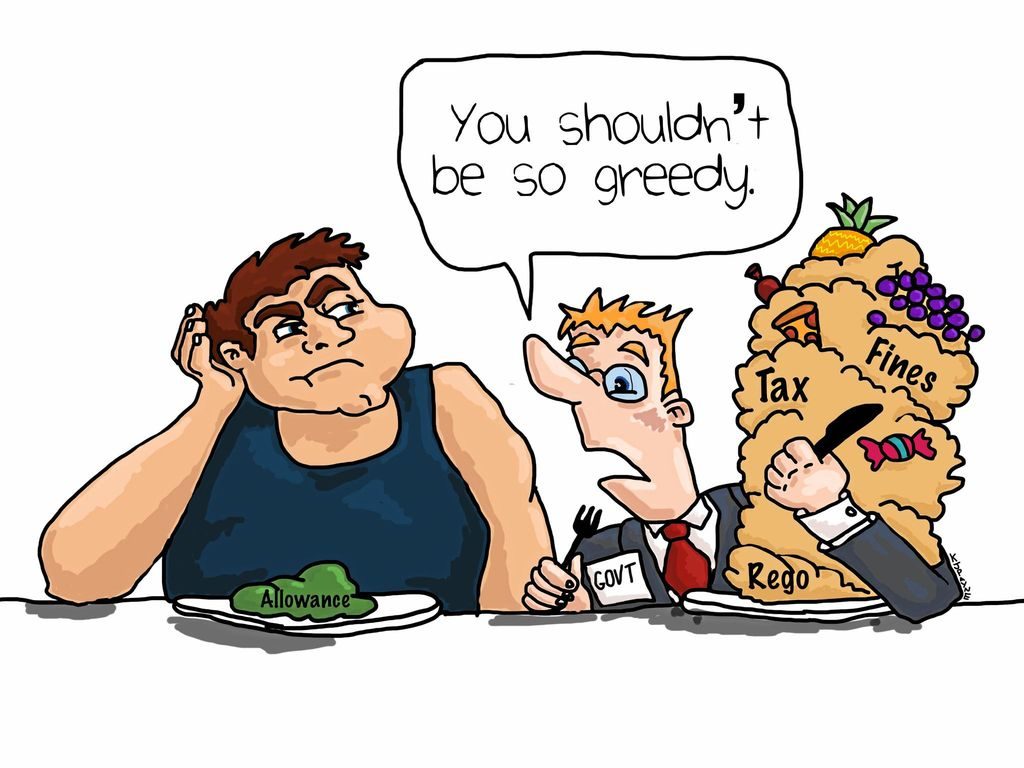TWU FIGHTS AGAINST “UNFAIR” ATO DRIVER CLAIM CHANGES
THE ISSUE
The TWU has been highly-critical of a 43 per cent reduction in the amount a truck driver can claim in expenses since a taxation determination issued on July 3 stated the reasonable amount a truck driver can claim for travel expenses without substantiation was to be reduced by $42.10 for the coming 2017-18 year.
The tax claim change has the potential of heaping more pressure on drivers who are already operating under tight margins.
TWU (Vic/Tas Branch) Secretary John Berger said the move by the ATO to reduce the amount a driver can claim by 43 per cent without receipts was done without warning or consultation and will have significant consequences for some members. John said the TWU position is for the ATO to fully-reverse this determination.
A large number of members have contacted the TWU to express concern over the rule change. The TWU asked for an urgent meeting with the ATO to discuss why this move was taken and to seek amendments to the changes.
MEETING WITH ATO
A meeting has since been held – during which the ATO were told it should revert to the 2016-17 ‘reasonable amount’ – $97.40 – plus a small increment for CPI.
The last thing long-haul drivers need is more paperwork!!!
LITTLE KNOWLEDGE
For the TWU the meeting was an eye-opener on the extent of ATO insight into the industry.
It was clear from this meeting that there is a lack of understanding in the Tax Office about working patterns for long distance truck drivers, including the frequency of travel and the hours of work.
Unfortunately, this lack of understanding has led to drastic tax changes for drivers which will only pile pressure on to what is already high-pressured job.
Truck drivers work long days, they can be away from home for six days a week and they are compelled to eat and spend their rest time at expensive truck stops.
It is imperative for safety on our roads that truck drivers take their meal breaks and rest time.
Taking unilateral decisions without consulting truck drivers and their union representatives only leads to poor outcomes in trucking: stressed drivers with extra financial worries.
In the 2014-2015 tax year, 678 companies with revenues exceeding $100 million paid no tax at all.
Serious questions must therefore be raised as to why the ATO has chosen to pursue hard-working truck drivers in the ill-thought out manner in which they have done.
We look forward to a response from the ATO on our initial meeting but our desired outcome remains the same: a full reversal of the recent determination.



